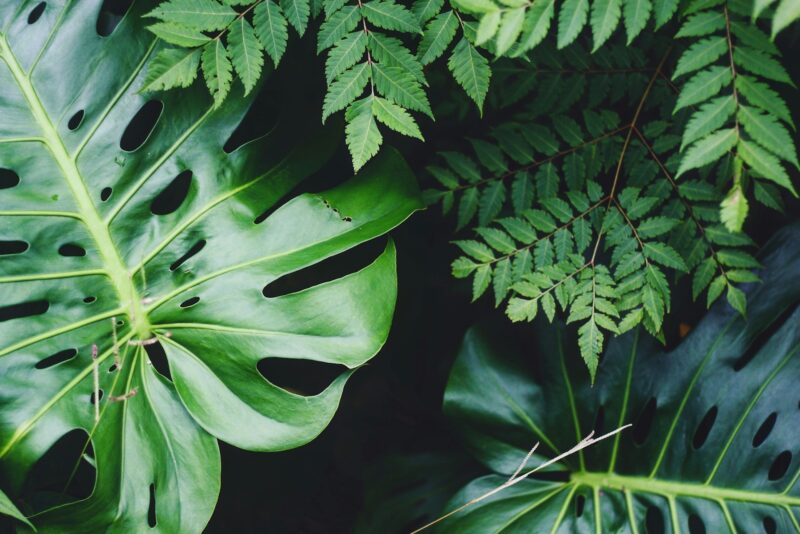Choosing the Perfect Plants for Your Home Garden at a Local Plant Nursery
Choosing the perfect plants for your home garden is a matter of balancing aesthetic and practical considerations. Understanding each plant’s water, sunlight, and temperature requirements is important.
For instance, you may want a plant with many open flowers, but it will only photosynthesize well in your garden.
Visit Nurseries
When you shop locally, plants are more likely to thrive in your home garden. A local plant nursery typically only sells plants that have been well-established and adapted to the local climate. Plus, the staff knows their plants and how to best care for them.
When choosing plants, it’s important to think about what you want your landscape to look like. Do you want it to be formal, informal, or a mix? For example, tall, thin plants like grasses add structure to a garden, while shorter, more rounded shrubs provide color and bloom.
Once you’ve created a shortlist of nurseries, arrange to visit them in person. It’s worth spending the time to get a feel for each nursery and see how they operate. Try to visit during the week rather than on weekends when nurseries are swamped. This will give you a better chance of talking to a knowledgeable nursery employee and avoid the long lines that often occur on weekends.
Gather Information
Take your time when visiting a nursery. Wander around the garden area, observing the plants and making notes on the plant tag.
Look at how large each plant will grow, its bloom color, and if it attracts any wildlife. Also, notice what shade or sun the plant needs and if it will thrive with nearby plants.
Nursery employees know about local plants and can guide you to the right plants for your home garden. They can explain how much water a specific plant needs, whether it requires pruning and its exposure preferences.
Purchasing native plants at a nursery will help support the community and ensure the plant is well-suited to your region’s soil and climate. You may also find that your plant is more resistant to bugs because it has been grown locally and has come into contact with the same pests in your landscape.
Make a Shortlist
The right plants and flowers are key to a lush garden. List what you want to stay focused on and avoid impulsive purchases. Look for healthy plants at a garden center with vibrant foliage and firm stems. Avoid those with wilted or discolored leaves. They may suffer from transplant shock or have diseases that could spread to plants in your garden.
Nursery employees are well-versed in plants that thrive in the local climate. They’ll be able to provide information about care requirements, mature size, sunlight preferences, and other factors that help you choose the best plants for your home landscape.
Pay attention to the labels for important information like nutrient needs, watering frequency, and shade tolerance. Also, consider how your selected plants will combine. For example, tall, thinner grasses and heuchera look good with more rounded shrubs or flowering plants with wider leaves, such as hydrangeas. Also, remember to include plants that will bloom throughout the season and into winter to add color and interest to your garden.
Buy Plants
Nurseries have to pay for labor and bake in the cost of risk into their prices, which is why they often cost more than plants at big-name stores. However, they also have the advantage of knowing their inventory better and having a team of experts tending to the plants.
When shopping at a local plant nursery, look for healthy-looking plants with vibrant leaves and bushy shapes. Avoid plants with wilted, yellow, or brown leaves, as these could indicate disease. Also, look for a plant with many buds, which indicates it will be prolific in producing flowers.
Lastly, check that the plant is meant to grow in your gardening zone (camellias don’t survive in cold climates, and lilacs don’t like the heat). Ask a nursery worker to gently slide out the roots of a plant and examine them for any signs of soggy, soft, or brown roots. These could indicate root rot that will kill the plant once you bring it home.










